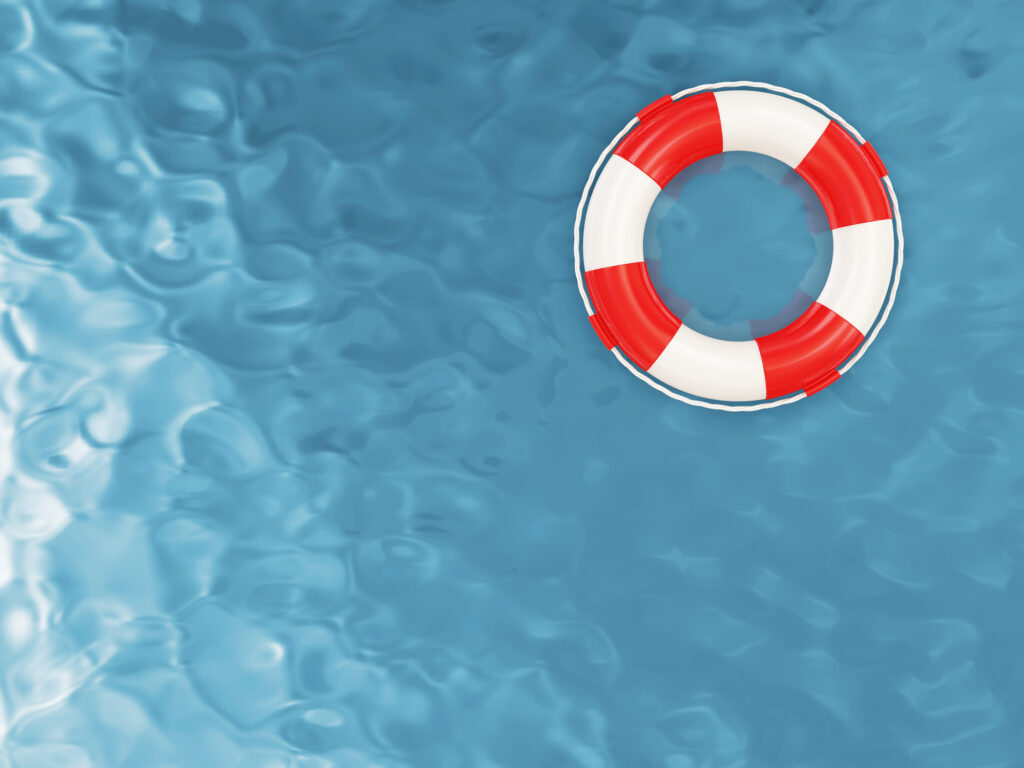“Business insurance is a business owner’s last line of defense,” says Ted Devine, CEO at Insureon, an online small-business insurance provider. “When things beyond your control go wrong — like a fire that destroys your building or a customer who falls on your premises and breaks a bone — it can cover the associated costs. Small-business owners often don’t have huge cash cushions, so business insurance can mean the difference between solvency and bankruptcy when certain incidents occur.”
Devine stresses that every business is different, so it’s important to talk to an agent who understands your industries. With that in mind, here are the kinds of business insurance you should consider.
All Businesses Should Have Some Insurance
When it comes to business insurance, there are two main kinds: property and liability. “Property insurance can pay to repair or replace a building or the stuff inside when it’s damaged by certain events,” Devine says. “Liability insurance can pay when your business is accused of causing another person’s injury or financial loss. Within both types there are various policies that protect against different risks.”
Some of the most popular include:
- General liability. “Most businesses can benefit from this,” Devine says. It pays for costs associated with customer injuries, and a lot more.
- Professional liability. This insurance is good for those who offer a service or advice, Devine says, as it can pay if clients sue over the quality of your work. Keep in mind it’s not included in general liability.
- Commercial property insurance. If you work at home, you can get a business property rider on your homeowners insurance; otherwise you’ll need commercial property insurance to protect your business workspace.
- Cyber liability. This insurance is important for businesses that take credit cards or perform e-commerce, Devine says. It can help pay for data breaches.
If you’re in a low-risk industry you may be able to combine these in a Business Owner’s Policy. A BOP is bundled insurance designed specifically for small-business owners, Devine says. “It combines general liability insurance with commercial property insurance for a premium discount. Most BOPs can be customized to include other types of coverage a business needs. These are a great starting point for small, low-risk businesses,” he says.
Because no two businesses are the same, a “comprehensive” policy will be different for each one. “For example, a contractor might benefit from a special kind of property insurance called inland marine, which protects tools and equipment when they’re away from a primary business location,” Devine says. “That coverage probably isn’t as useful to a business consultant, but the consultant probably wants professional liability coverage, which can pay for legal costs if a client sues claiming that their advice cost the client money.”
You’ll Need Additional Coverage When You Bring on Employees
Once you hire people to work at your company, your insurance needs will start to change. You’ll need to consider:
- Worker’s compensation. Mandatory in most states, this insurance pays for injuries, illnesses or death employees may suffer on the job. Requirements vary by state, so check local laws. A few states also require that employees be covered by short-term disability insurance.
- EPLI. Employment practices liability insurance protects your company against claims of discrimination or wrongful termination. Depending on your company, it can be written into your general liability policy, your BOP or as a stand-alone policy.
Do You Have Special Insurance Needs?
Finally, the industry you’re in and service you provide will dictate some of the insurance you should consider. Policies that depend on what you do include:
- Business interruption insurance. This is often available as an add-on to a BOP, Devine says. It can replace revenue if your business is forced to close by a covered property policy.
- Product liability insurance. Sometimes available as part of a general liability policy, this can pay if a product you sell hurts someone, Devine says.
- Commercial auto. Personal auto insurance doesn’t cover driving the vehicle for work. If you use it for business, commercial auto can cover those risks.
No matter what your company does, you’ll need business insurance to protect you from the risks inherent in doing business.



